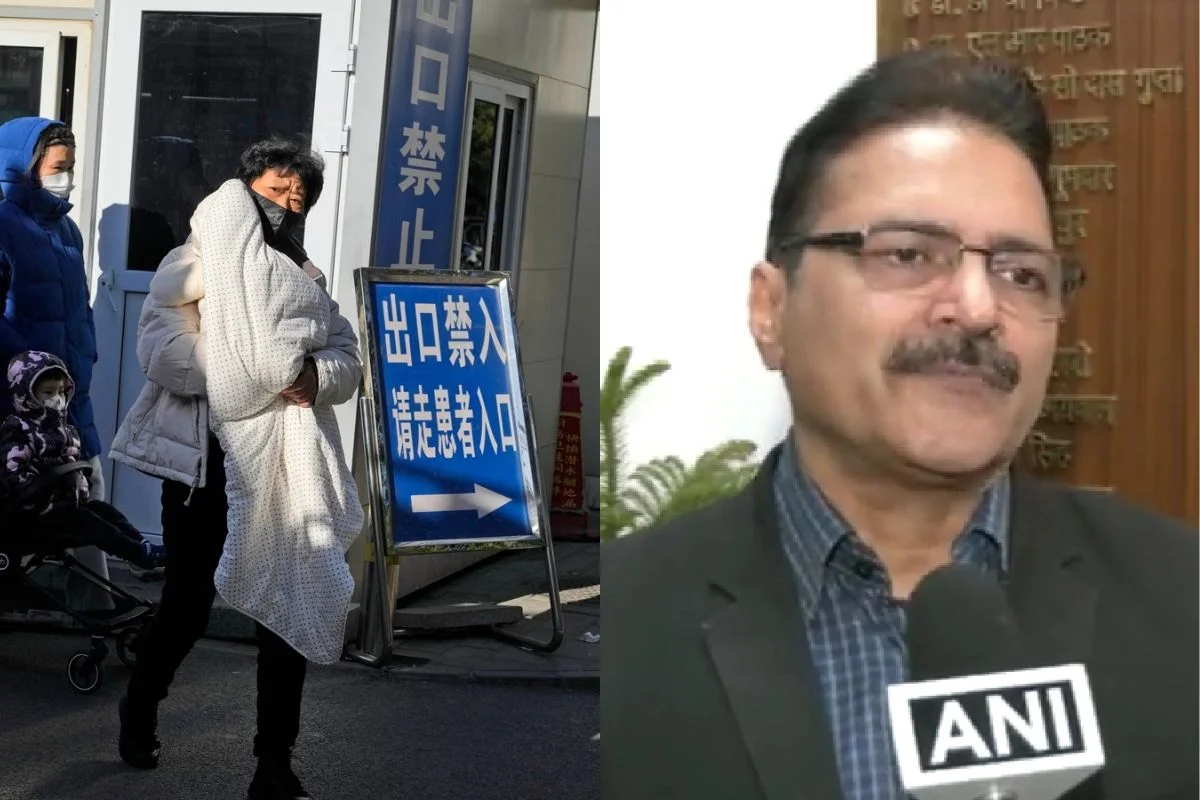India-Nepal relation: Foreign policy is a contentious issue ahead of the parliamentary elections in Nepal, which is sandwiched between Asia’s superpowers India and China. Domestically, high inflation and a sluggish economy also feature high on the agenda.
The Himalayan Nation, Nepal is gearing up for its parliamentary polls in November, but managing bilateral ties with two superpower neighbours, India and China, will be the most critical task for the next government.
Foreign policy has already been made a controversial issue ahead of the parliamentary elections in Nepal, which is sandwiched between the two Asian superpowers.
Nepal has always been subservient to China, so maintaining diplomatic relations with China without disturbing the harmonious balance with India will be the biggest challenge to the 275 lawmakers who will be elected to the country’s House of Representatives in November 2022.
Nepal annual inflation spikes, adding to govt’s woes ahead of the election
Domestically, high inflation, spiralling prices and a very sluggish economy also feature high on the agenda of the nation of 29 million people.Nepal’s annual retail inflation rate accelerated to 8.26 per cent as Central Bank data showed on Thursday, 15th September, thus adding despair to the government’s problems ahead of the annual festival season.
Nepal Rashtra Bank (NRB) released data, the reading – the highest in six years – was nearly double the 4.35 per cent rate a year earlier.Rising prices of basic commodities are adding to the woes of Prime Minister Sher Bahadur Deuba’s government, which faces national and provincial elections in November 2022.
Prime Minister Sher Bahadur Deuba’s Nepali Congress Party is in a coalition with Maoist and Socialist partners. Despite that, it is considered closer to Delhi and Western nations.
Whereas, the Communist Party of Nepal led by former prime minister K P Sharma Oli – Deuba’s main opponent – is presumed to be closer to China, which is Nepal’s biggest foreign investor.
In 2019, China decided to fund nine crucial infrastructure projects in Nepal under its Belt and Road initiative, which is aimed at linking China to the rest of the world through a network of ports, roads and railways.
Beijing carries the biggest influence on Nepal, owing to its various investment pressures. But the status appeared to shift its stance when Nepal’s parliament ratified a key agreement that drew it closer to the United States.
The U.S. Government’s Millennium Challenge Corporation (MCC) signed a $500 million compact with the Government of Nepal. The compact aims to maintain road quality, increase the availability and reliability of electricity, and facilitate cross-border electricity trade between Nepal and India—helping to spur investments, accelerate economic growth, and reduce poverty.
But the move received much opposition from Communists, as it was portrayed as a way for the US to use the Himalayan nation as a tool to counter Chinese influence. There were also concerns that the pact could eventually compromise Nepal’s sovereignty.
Also read: MiG 29K Crash: Indian fighter jet crashes all of a sudden in Goa; Pilot ejects himself to safety
The MCC Nepal Compact was eventually signed after the US government clarified in writing that it was not a part of Washington’s Indo-Pacific strategy and that the Constitution of Nepal prevails over the agreement.
Analysts believe Nepal will inevitably figure in the regional strategy of the US as it refocuses on the Indo-Pacific.
Nepalese wary of Chinese subjugation through debt trap – Opportunity for India to bring Kathmandu closer
Following analysts’ scathing observation of Sri Lanka’s financial crisis owing to expensive Chinese debt, many people in Nepal have become wary of the Chinese footprint in their country. Meanwhile, observers see this as an opportunity for neighbouring India to bring Kathmandu into its fold.
But, if Oli unseats Deuba in the upcoming polls, Nepal could well move further away from New Delhi and closer to Beijing.
And so, while analyzing the various ramifications of the possible outcome of the elections it becomes evident that not only it will decide the relations of the Himalayan Nation with its neighbours but also influence geopolitics in South Asia.
Keep watching our YouTube Channel ‘DNP INDIA’. Also, please subscribe and follow us on FACEBOOK, INSTAGRAM, and TWITTER.












